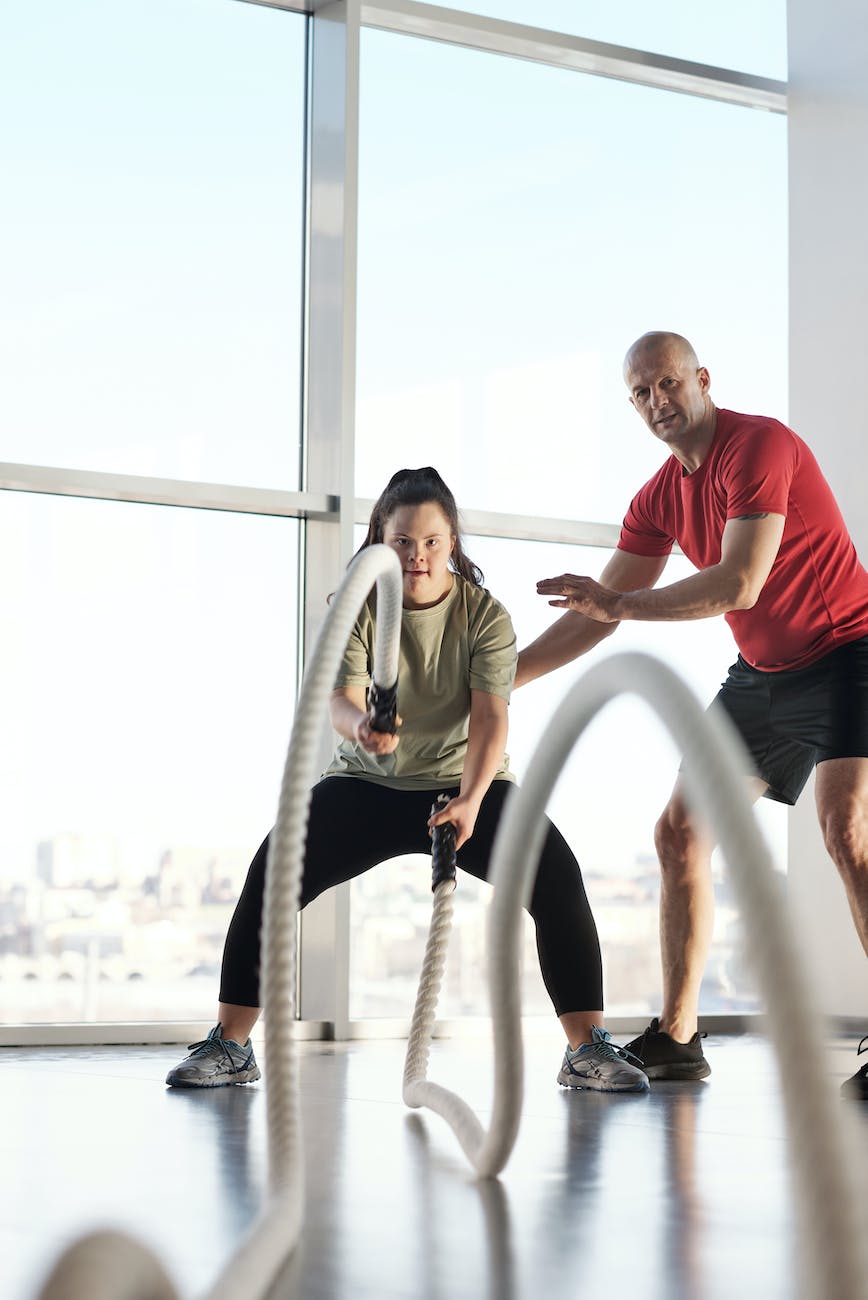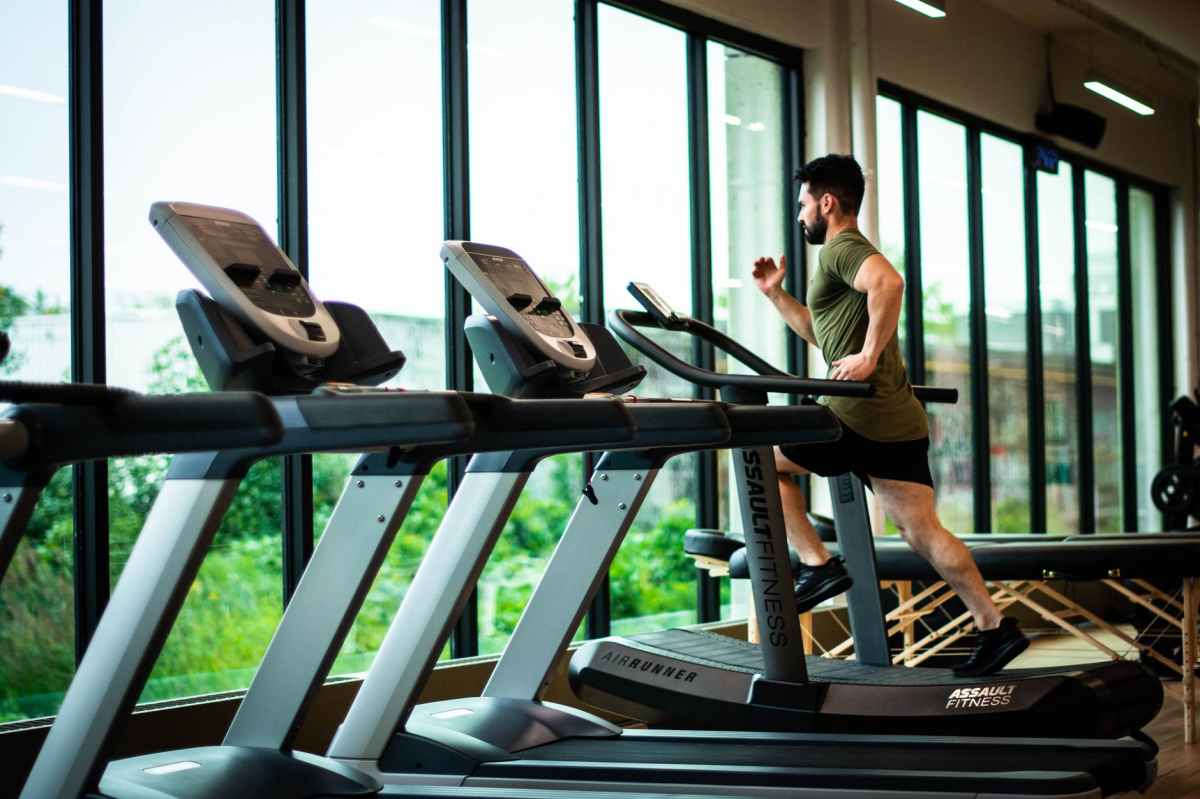A HEALTHY LIFESTYLE: YOUR LIVING SACRIFICE is a faith-based book on healthy living. It provides you a Biblical approach to understanding health and well-being. Mary engages you in a scriptural perspective of a healthy lifestyle. By drawing inspiration from the Bible, she takes the reader on an unforgettable trip through a healthy journey. The book covers important topics that scientists have discovered to be connected to longevity and living a healthy life.
This book is part of Mary’s series on Christianity and Lifestyle. Get your copy here. You can also buy directly from Amazon using your country’s Amazon website.
In this faith-based book on healthy lifestyles, Mary discusses topics such as eating healthy, avoiding junk food and overindulging, exercising on a regular basis, caring for your mental and emotional well-being, relaxation, and making investments in your health and well-being, among others. All discussions are supported by scriptures.
As we seek to grow in our walk with God, we should also desire to have good health. Mary’s approach to understanding health from biblical stance is to motivate you to make the decision to take control of the factors that influence your health and well-being. Mary encourages the reader that the love of God is irrespective of size and shape, who you are, how you look, where you come from and what you have done in your past. But, to live and glorify God even in the flesh, is an intentional journey focusing and maintaining a healthy lifestyle. As you read this book, be prepared to change your lifestyle to incorporate healthy patterns. The book highlights a few actions you can take to live a healthier life.
This book does not create a meal plan or exercise routine for you. The book uses scripture to explain how God wants us to care for our health and well-being. There are either questions or suggested action steps at the end of each topic to help the reader develop practical steps to maintaining a healthy lifestyle.
About the Author
Mary E. Agronah (PhD) is a wife, a mother, a Christian content writer, a counselor, an academic, a prolific writer and a devout follower of the Lord. She is a disciplemaker who wants everyone to have a good relationship with God. She is passionate about God-centered lifestyles that promote physical and mental well-being. She creates intriguing masterpieces by combining linguistic mastery, creativity, and faith.
A healthy Lifestyle: Your Living Sacrifice
Be intentional with your lifestyles. Your health is your wealth!










